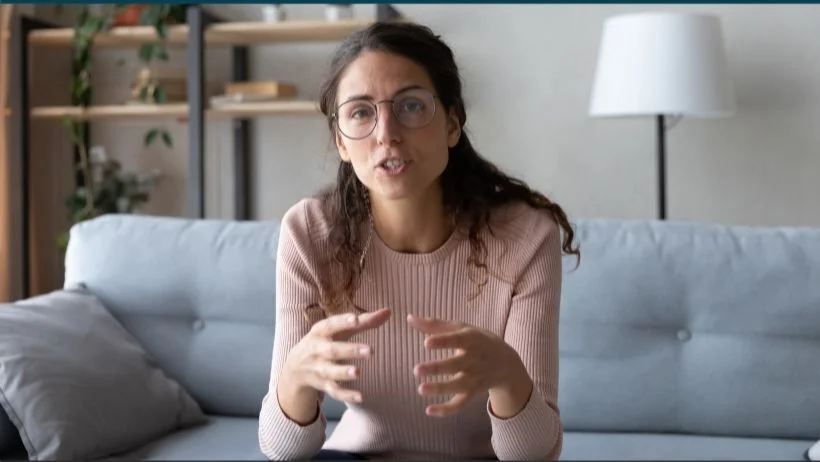In the dynamic landscape of education, the ability to think critically is an essential skill that transcends subject boundaries. Academic tutoring plays a pivotal role in fostering critical thinking skills among students, empowering them to analyze information, solve problems, and make informed decisions. This article delves into effective strategies for tutors to promote critical thinking in their tutoring sessions.
- Understanding Critical Thinking:
Define critical thinking and its significance in academic and real-world contexts. Emphasize the importance of cultivating a questioning mindset, the ability to analyze information, and the capacity to think independently.
- Questioning Techniques:
Explore the art of asking open-ended questions that encourage students to explore and articulate their thoughts. Discuss the Socratic method and its application in guiding students to think deeper about the subjects they are studying.
- Encouraging Curiosity:
Highlight the role of curiosity in developing critical thinking. Provide strategies to spark curiosity, such as posing intriguing problems, introducing real-world applications, and linking concepts to students’ interests.
- Problem-Solving Scenarios:
Incorporate practical problem-solving scenarios into tutoring sessions. Guide students through the process of breaking down complex problems, identifying key components, and developing systematic approaches to finding solutions.
- Analyzing and Evaluating Information:
Tutors should be equipped with techniques to teach students how to assess the reliability of information. Discuss the importance of evaluating sources, recognizing bias, and distinguishing between fact and opinion.
- Comparative and Contrastive Thinking:
Demonstrate how comparative and contrastive thinking can enhance critical analysis. Guide students in comparing different perspectives, theories, or historical events to deepen their understanding.
- Active Listening and Reflection:
Emphasize the role of active listening in critical thinking. Tutors should have tools to help students reflect on their own thought processes, identify assumptions, and consider alternative viewpoints.
- Building a Collaborative Learning Environment:
Discuss the benefits of collaborative learning in promoting critical thinking. Explore strategies for tutors to facilitate group discussions, peer review sessions, and collaborative projects that encourage diverse perspectives.
- Applying Critical Thinking Across Subjects:
Illustrate how critical thinking is applicable across various subjects. Provide examples of how the same thinking skills can be adapted to analyze literature, solve mathematical problems, or evaluate scientific hypotheses.
- Feedback for Growth:
Discuss the importance of constructive feedback in the development of critical thinking skills. Tutors must provide feedback that focuses on the thinking process, encouraging students to reflect on their strengths and areas for improvement.
In the realm of academic tutoring, nurturing critical thinking goes beyond imparting knowledge; it’s about empowering students to become independent, analytical thinkers. By integrating these strategies into tutoring sessions, educators can inspire a generation of learners who not only excel in their studies but also approach challenges with a sharp and discerning mind.

